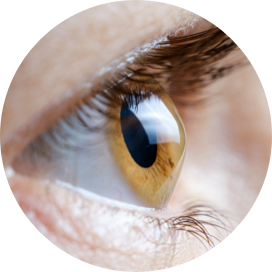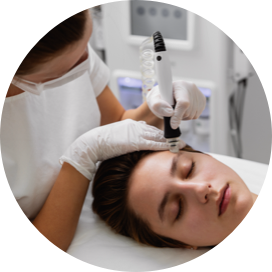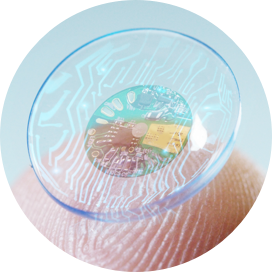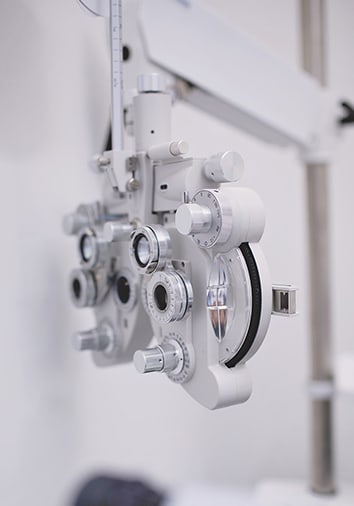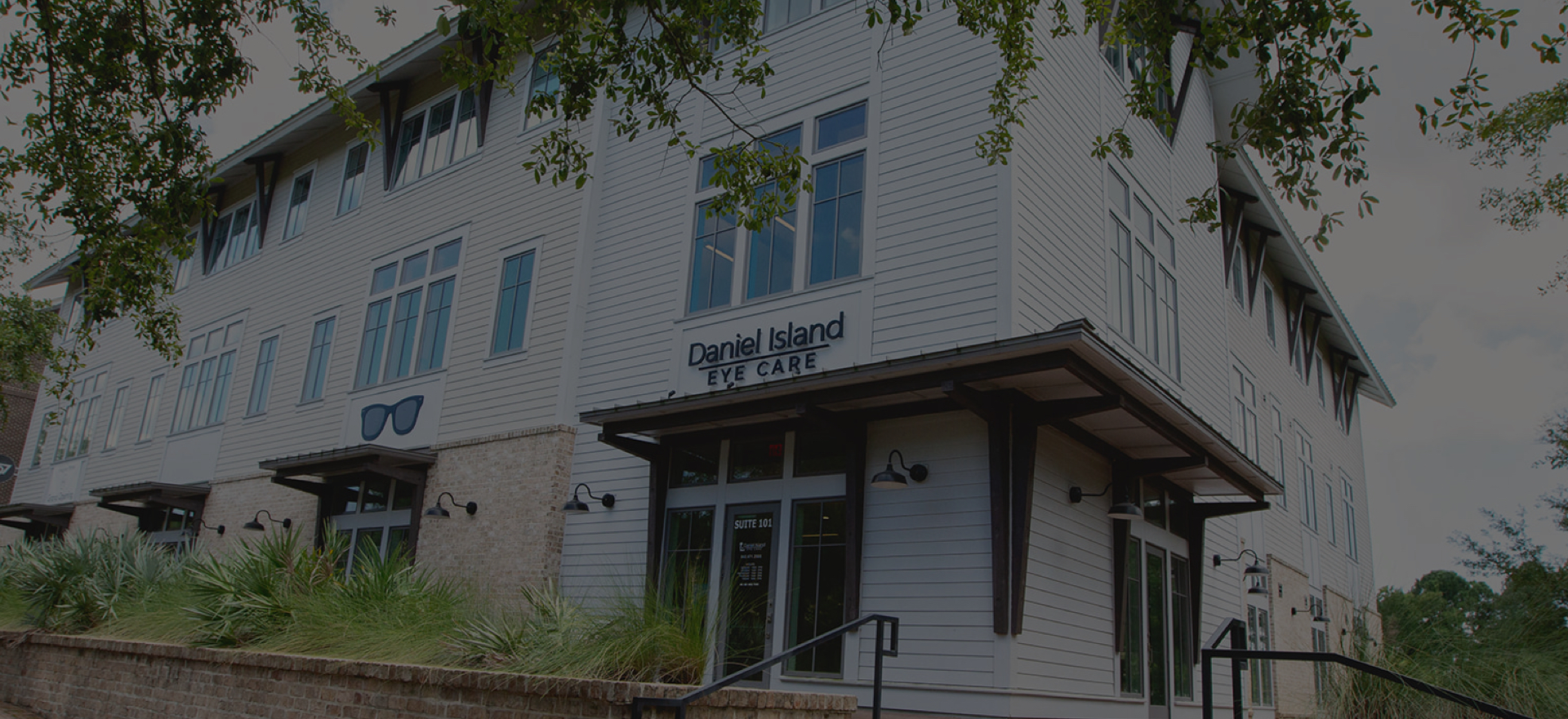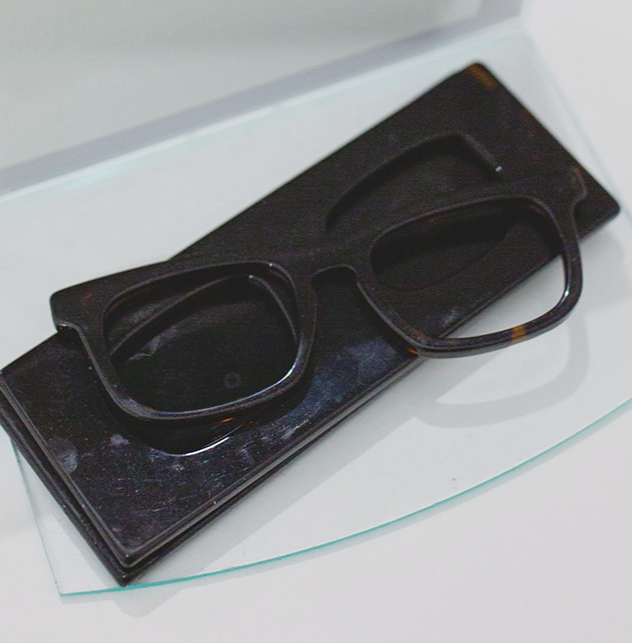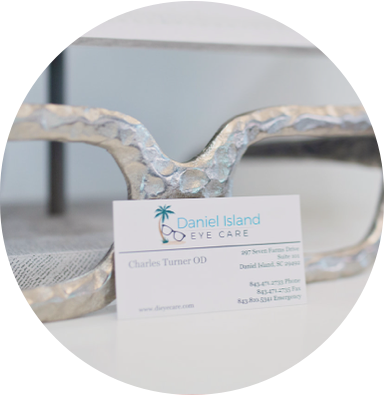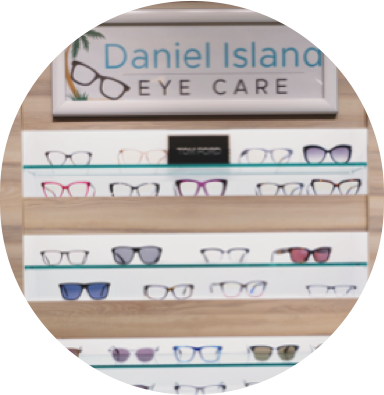Keratoconus is a progressive eye condition that affects the cornea, causing it to thin and bulge into a cone shape. This distortion can lead to blurry vision, increased sensitivity to light, and difficulty seeing clearly at night. While keratoconus does not typically cause total blindness, it can lead to severe vision impairment if left untreated. Advanced cases may require corneal transplants or specialized treatments to restore vision.
If you’re experiencing changes in your vision, an eye exam can help detect keratoconus early. Early intervention with treatment options can slow progression and prevent serious vision loss.
Understanding Keratoconus
Keratoconus affects the cornea, the clear front part of the eye responsible for focusing light. In a healthy eye, the cornea maintains a round shape, allowing light to enter properly. However, in keratoconus, the cornea gradually thins and takes on a cone-like shape, distorting vision.
Symptoms of Keratoconus
- Blurred or distorted vision
- Increased sensitivity to bright lights and glare
- Difficulty seeing clearly at night
- Frequent prescription changes in glasses or contacts
- Eye strain and discomfort
Keratoconus typically begins in adolescence or early adulthood and can worsen over time. Without management, the condition can lead to significant vision impairment.
How Does Keratoconus Progress?
Keratoconus progresses in stages, from mild to severe. In the early stages, vision may be correctable with glasses or soft contact lenses. As the condition worsens, more specialized lenses or medical treatments become necessary.
- Mild Keratoconus: Slight vision changes can often be corrected with glasses or soft contact lenses.
- Keratoconus: Irregular astigmatism may develop, requiring rigid gas-permeable or specialty contact lenses.
- Advanced Keratoconus: Severe corneal thinning and scarring may occur, making vision correction difficult.
- Severe Keratoconus: If the cornea becomes extremely weak, a corneal transplant may be the necessary treatment.
Can Keratoconus Be Treated?
Yes, there are several treatments available to slow the progression of keratoconus and improve vision. Treatment depends on the severity of the condition:
Non-Surgical Treatments
- Glasses and Soft Contact Lenses: Used for mild cases of keratoconus.
- Rigid Gas-Permeable (RGP) Lenses: Provide clearer vision by masking the irregular shape of the cornea.
- Hybrid and Scleral Lenses: Designed for more severe cases, offering better comfort and clarity.
- Corneal Cross-Linking (CXL): A minimally invasive procedure that strengthens the cornea to slow or halt progression.
Surgical Treatments
- Intacs (Corneal Implants): Small implants inserted into the cornea to improve its shape.
- Corneal Transplant: In severe cases where the cornea is too damaged, a transplant may be required to restore vision.
Can Keratoconus Lead to Total Blindness?
Keratoconus does not typically cause complete blindness, but it can lead to significant visual impairment if left untreated. The condition affects the cornea rather than the retina or optic nerve, meaning while vision may become severely distorted, total loss of sight is rare. However, without appropriate management, keratoconus can make it extremely difficult to perform the daily tasks you are used to doing.
Risk Factors & Causes of Keratoconus
While the exact cause of keratoconus is not fully understood, several factors may contribute to its development, including:
- Genetics: A family history of keratoconus increases the risk.
- Chronic eye rubbing: Frequent eye rubbing has been linked to corneal weakening.
- Allergies & eye irritation: Conditions such as hay fever or chronic eye irritation may contribute.
- Underlying conditions: Certain systemic disorders, like Down syndrome and Ehlers-Danlos syndrome, have been associated with keratoconus.
Identifying and managing these risk factors can help reduce the likelihood of the condition progressing.
What Happens if Keratoconus Goes Untreated?
If keratoconus is not treated, vision can deteriorate significantly. While total blindness is rare, extreme cases can result in:
- Severe vision impairment, making daily tasks difficult
- Corneal scarring, reducing vision quality
- Increased risk of corneal hydrops (sudden swelling due to corneal rupture)
Early diagnosis and treatment are needed to prevent complications. Regular eye exams can help detect keratoconus before it becomes severe.
How to Prevent Keratoconus from Getting Worse
While keratoconus cannot always be prevented, certain steps can help slow its progression:
- Avoid eye rubbing: This can weaken the cornea further.
- Wear UV-protective sunglasses: Protecting the eyes from UV rays may help maintain corneal health.
- Use prescribed treatments: If diagnosed, following your doctor’s recommendations for lenses or corneal cross-linking can help.
- Manage allergies: Reducing eye irritation and inflammation may lower the risk of worsening symptoms.
Living with Keratoconus
Managing keratoconus requires consistent eye care, including:
- Regular visits to an eye doctor to monitor progression
- Using prescribed glasses or contact lenses for clear vision
- Protecting eyes from UV exposure with sunglasses
- Avoiding frequent eye rubbing, which can worsen the condition
With proper management, individuals with keratoconus can maintain good vision and quality of life.
Conclusion: Protect Your Vision
Keratoconus is a serious but manageable condition. While it does not cause total blindness, it can lead to severe vision impairment if untreated. Early detection and treatment options such as specialty lenses, corneal cross-linking, and surgical procedures can help preserve vision and prevent complications.
If you are experiencing changes in your vision, schedule an eye exam with Daniel Island Eye Care today. Early intervention is key to maintaining healthy eyesight and preventing long-term damage.



